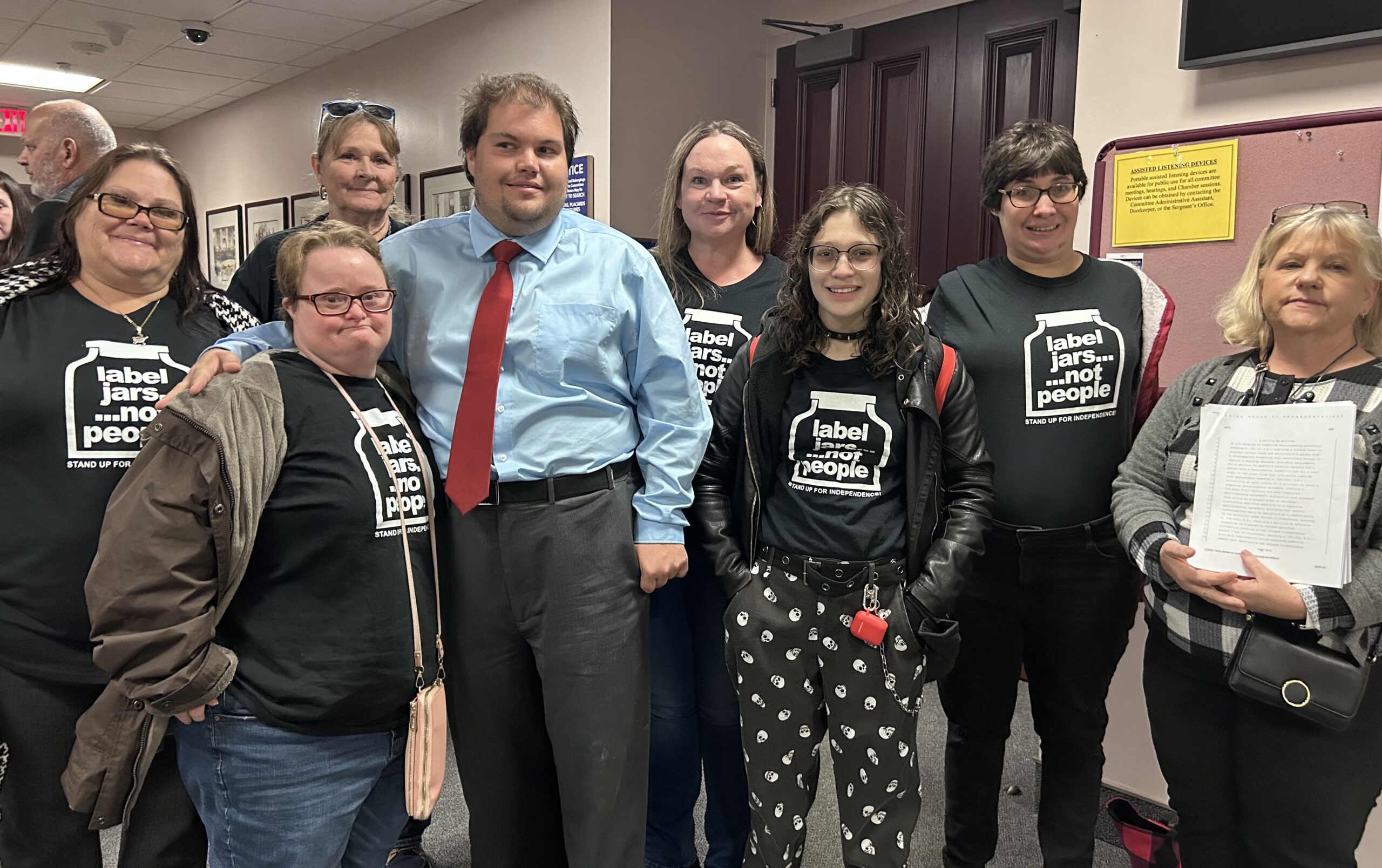Rep. Allison Tant, a Democrat from Tallahassee, has been trying for years to pass legislation to prevent other parents from having to make the same decision she did to place their disabled adult children under guardianship.
Gov. Ron DeSantis signed the bill into law Friday, establishing new legal tools for disabled Floridians to allow “advocates” to obtain information on their behalf and communicate their wishes while still living independently.
So-called “supported decision-making” acts as a kind of power of attorney, requiring judges to consider such agreements before placing a disabled person under a guardianship, and the guardianship would severely limit what the person can do on their own.
“There are penalties if an advocate mistreats or takes unfair advantage of a person with a disability, so by including that provision in the power of attorney law, penalties will be applied to anyone who commits abuse,” Tant told The Florida Phoenix in a phone interview.
“For me, the key issue is making sure they have the support they need to make decisions more autonomously, because everyone deserves autonomy and the dignity of autonomy. But at the same time, it’s also important to make sure they have some protection in case there is misconduct.”
When her son, who has Williams syndrome, a rare genetic disorder that causes developmental delays and other symptoms, turned 18, one of his teachers urged Tant to place him under guardianship because he could be held responsible for any incidents that occurred in public schools, she said.
Thant also wanted to remain involved in decisions about his schooling. People with disabilities can attend public school until they turn 22.
She now says it was a hasty decision.
HB 73 goes into effect July 1. After that, courts will have to justify their reasons for placing someone under guardianship rather than the less restrictive supportive decision-making system.
A growing list of states
Floridians who testified in support of the bill during this year’s legislative session have already entered into supported decision-making agreements, such as Michael Lincoln McCreight, who has a developmental disability and is the first person in Florida to replace a guardianship with a supported decision-making agreement.
Disability Rights Florida is one of the groups that has been advocating for Florida to join the growing list of states that have codified supported decision-making.
“In my experience, a lot of people didn’t know about this. Disability Rights Florida has been trying for years to let as many people as possible know about this, but it wasn’t widely understood or known,” said Caitlin Cribbon, the advocacy group’s director of community health services.
“So even if someone tries to use it in the context of a guardianship proceeding, if the judge doesn’t know or understand what it is, they don’t even have to consider it,” she said.
Cribon has been holding workshops to inform people with disabilities, their families and lawyers about the changes, and he also wants to inform judges about them.

